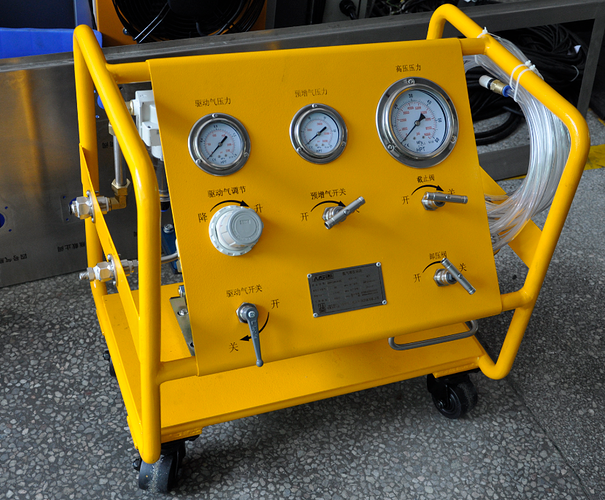This article covers the basic concept of Hydrogen Sulphide detectors Principle and Logic used in Oil and Gas industries, offshore platforms and refineries.
Fixed toxic gas detection is usually provided throughout the platforms due to the significant levels of H2S in the process fluids being handled and the need to ensure the rapid detection of H2S gas hazards to warn personnel.
Electrochemical type is widely used and installed in areas where the accumulation of H2S is likely and at all ventilation intakes
High or High High gas detection by a single H2S gas detector shall only initiate alarms whereas a coincident High High gas detection by two or more detectors shall initiate a confirmed gas condition with subsequent actions in accordance with F & G Cause & Effect Matrix.
Alarm set-points for each H2S gas detector type is described in the appropriate datasheet but are expected to subscribe to the following generic levels:
· High level gas (process areas) – 5ppm,
· High-High level gas (process areas) – 10ppm
The logic are (same like the previous IR type logic):
-
If the gas detector is in the faulty status (open loop or short). None of the other signals will be executed until the reset command is activated.
-
If the gas detector is in the inhibit status. None of the other signals will be executed until the reset command is activated.
-
High alarm and high-high alarm and trip action will always present until reset signal is executed,
